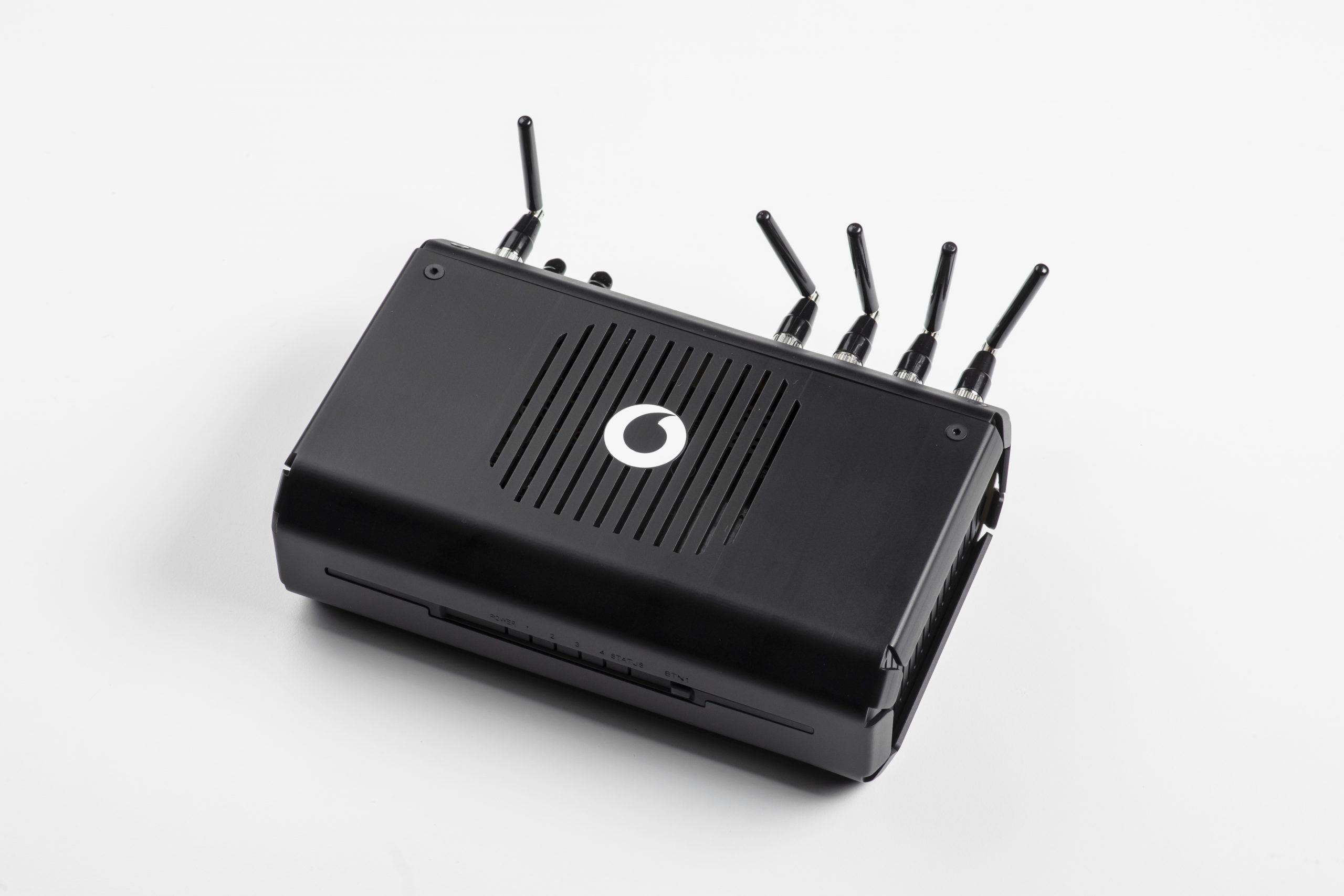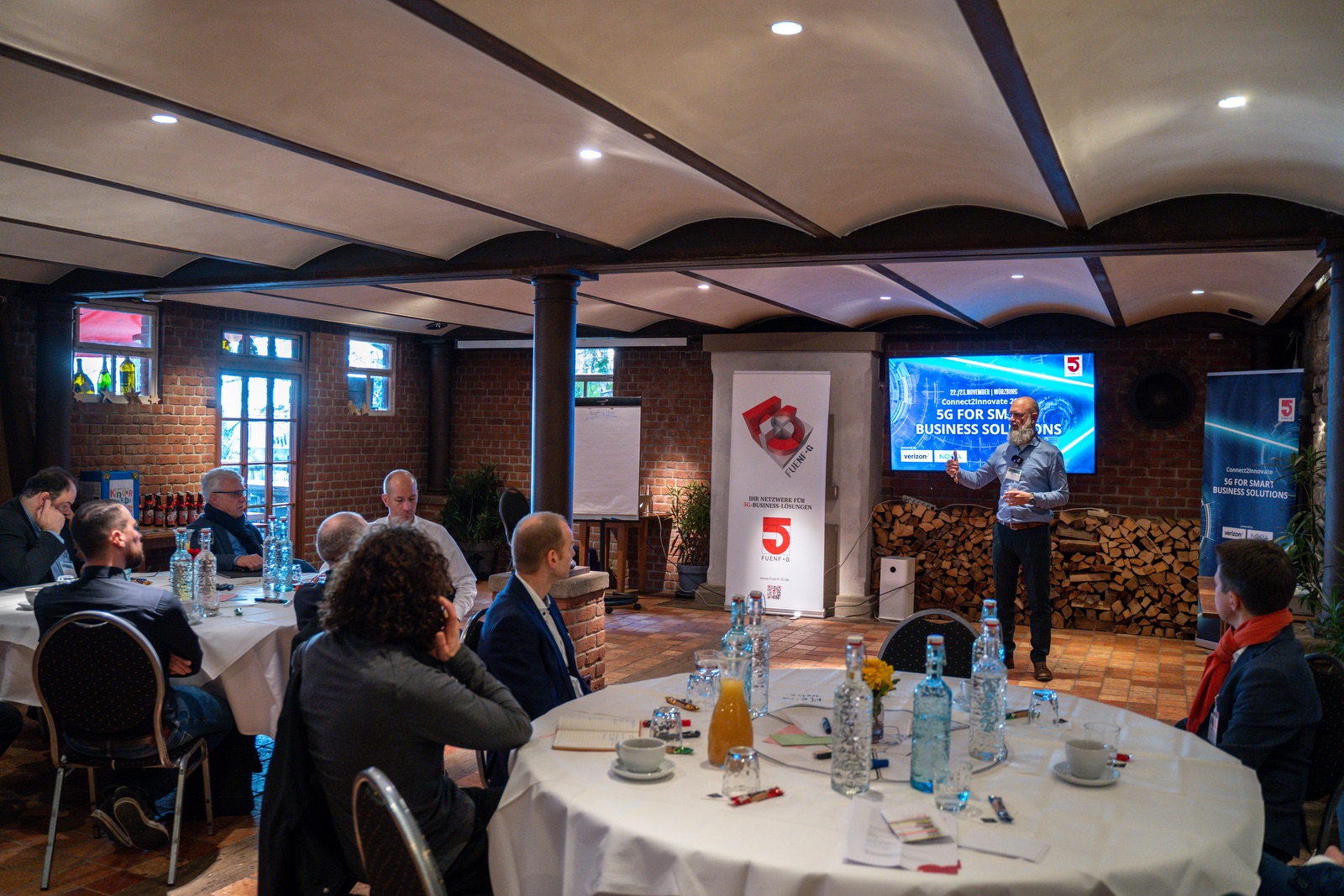The miniature 5G base station serves as a prototype for mobile private networks. (Image: Vodafone)
With the Mobile World Congress 2023 knocking at the door, network provider Vodafone has come out with a new prototype for a 5G mobile station, a portable and compact product aimed not only for private use but also for medium to small companies.
Vodafone shall be showing the prototype of a 5G network based on a credit card-sized Raspberry Pi computer and an equally small silicon chipset. This industry-first concept of a miniature 5G base station is designed to enable small businesses and companies to build an affordable and portable private 5G mobile network in the future. This can then be used, for example, to expand 5G coverage or increase capacity as needed.
Mobile Private Networks for SMEs
By combining their 5G network and the new Raspberry Pi, Vodafone is targetting small and medium-sized enterprises across Europe to access 5G-based mobile private networks. According to the telecom company, a mobile private network offers companies an alternative to the public mobile network, namely, their own private, fast, reliable, and particularly secure network. MPNs are mainly used by large companies or organizations that need to connect various devices, machines, autonomous vehicles, and robots.
The system that Vodafone is presenting at MWC combines a Raspberry Pi 4 with a small, 5G-compatible software-defined radio (SDR) board made by British specialist Lime Microsystems. This SDR board can turn any computing platform into a small 5G base station. The board’s design is fully compliant with Open Radio Access Network (RAN) standards. The concept was developed at Vodafone’s new European research and development center in Málaga.
“Affordable and market mature”
However, in order for smaller companies to benefit from the advantages of an MPN, the cost of entry must be lowered, and the resources required reduced, a stance that Vodafone has taken. “The miniature 5G station is only a prototype so far, but it has a lot of potential to make new cloud, AI, and Big Data technologies accessible to many smaller companies”, says Santiago Tenorio, Director of Network Architecture at Vodafone Group. “The next step is now to develop the prototype to market maturity. Our door is open to interested providers, and with that Tenorio makes his closing statements.
Price and release not yet confirmed
Vodafone hasn’t intimated, as to when exactly the mini-5G station will be launched and what price it will command. According to the company, Vodafone first wants to open the gates for developers “probably before the end of this year” and enable access to interfaces as well as applications based on them.









Leave A Comment